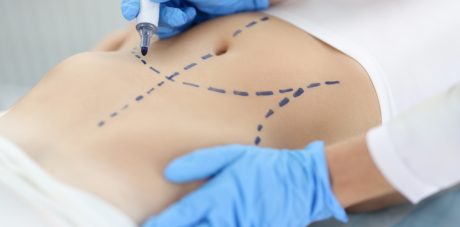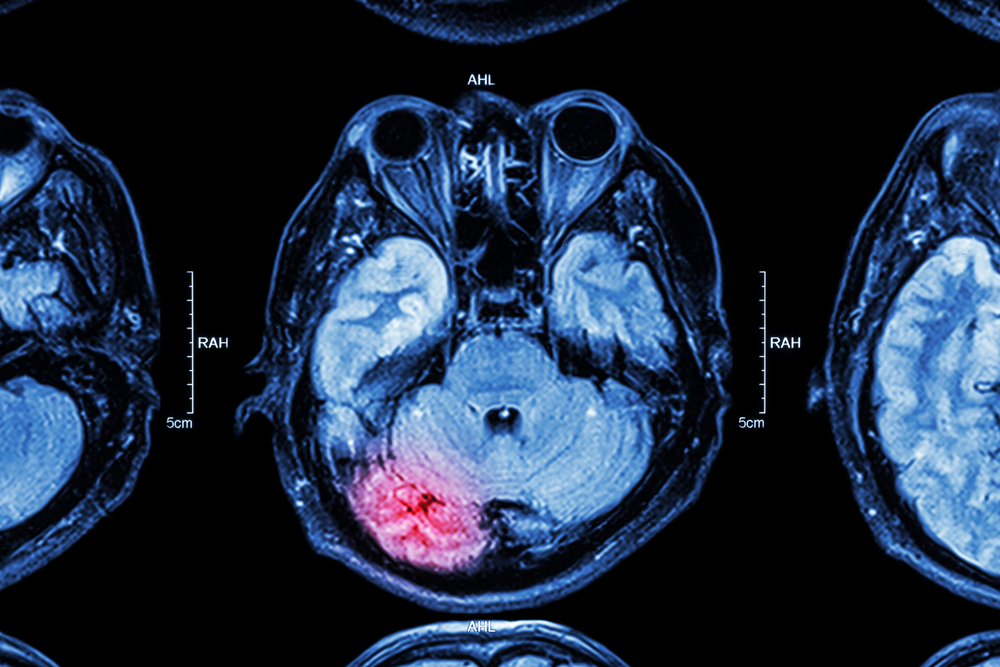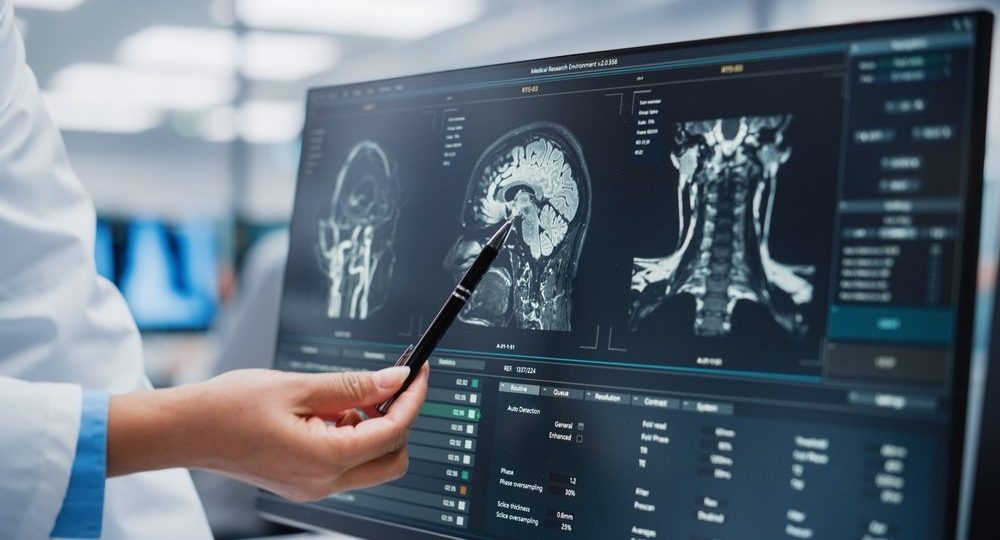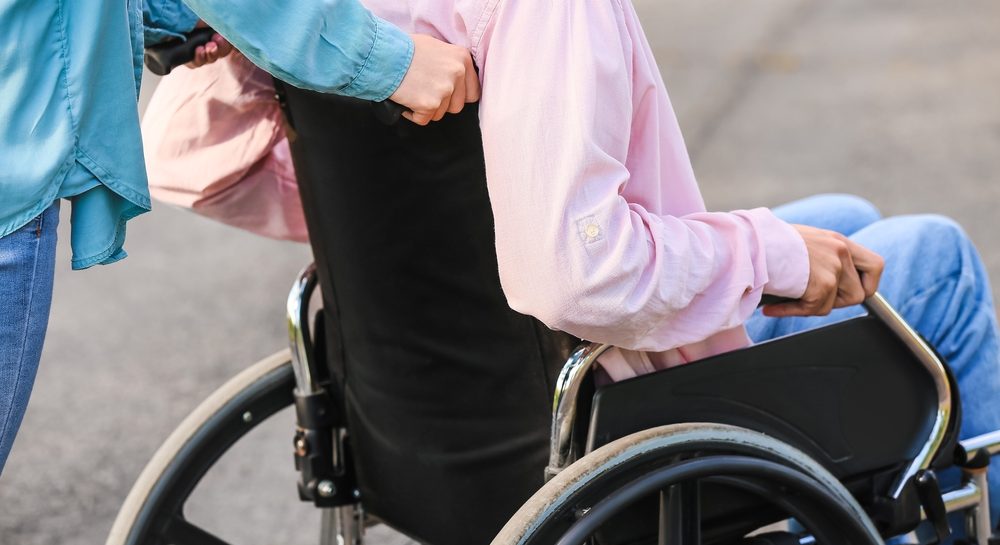Our client GG developed lower limb compartment syndrome as a result of negligent failures during a surgical procedure. GG travelled from his home country to London to undergo a six-hour VASER liposculpture (to enhance his abdominal musculature) at a private hospital under general anaesthetic.
Partner Frank Pinch (Head of Clinical Negligence Leeds) and senior paralegal Beth Brayshaw outline GG’s situation and legal claim.
Details of the injury
VASER (vibration amplification of sound energy at resonance) is a ‘body sculpting’ procedure, which uses ultrasound waves to remove fat deposits from under the skin. The technique requires an expert operator to be done safely and effectively.
After the procedure at the private hospital, GG experienced unexplained severe lower limb pain that could not be relieved even by very strong painkillers. Postoperatively, the cosmetic operator failed to promptly recognise and act upon classic signs of bilateral lower limb compartment syndrome – a surgical emergency where an increase in pressure inside a muscle compartment restricts blood flow.
Consequently, GG sustained severe and permanent nerve and muscle damage to both lower limbs, muscle loss, and sensory disturbance with foot drop, which requires lifelong splintage. His ability to walk and to perform normal day-to-day activities were also permanently reduced.
Legal case
Frank Pinch acted as the lead solicitor on the case, instructing Simeon Maskrey KC and Kate Lumbers of 7BR Chambers.
GG’s case stated that compartment syndrome was diagnosable within six hours of the VASER procedure and that the cosmetic operator should have acted on GG’s presenting symptoms swiftly through immediate referral to the nearest NHS accident and emergency department. If the symptoms had been diagnosed sooner, and emergency surgical decompression carried out on the evening of surgery or early the next morning, GG would have escaped all injury besides scarring to his legs.
By the time the cosmetic operator transferred GG to the A&E department of an NHS hospital, significant muscle necrosis had already occurred. At no point up to the transfer did GG’s records reflect any consideration of compartment syndrome as a diagnosis to be excluded and no adequate documentation excluded this emergency surgical complication. As a result, GG underwent multiple surgical decompression operations at the NHS hospital, where a large amount of GG’s lower limb muscle had to be removed.
The second aspect of the case related to the cosmetic operator’s failure to inform GG that he did not have adequate (or any) training as a surgeon or in the recognition of post-surgical complications, nor did he have a surgical qualification recognised in the United Kingdom.
The defendant opposed the claim vigorously, raising procedural and evidential points at regular intervals. The expert evidence was highly technical and many hurdles had to be overcome. The legal team for the cosmetic operator complicated the case by arguing that the private anaesthetist present during the six-hour procedure was also responsible for GG’s post-operative care. The cosmetic operator brought a separate claim against the anaesthetist, asking the court to consider this at the same time as GG’s claim. Following intense discussion, the court agreed to do so.
Settlement
A round table meeting of GG’s legal team and those of the cosmetic operator and anaesthetist took place in October 2023. GG’s barristers presented robust arguments that the cosmetic operator’s defence was weak and would very likely fail at trial.
The meeting resulted in a settlement where the insurers for the cosmetic operator alone agreed to pay GG compensation of £1.2 million plus legal costs. The cosmetic operator had to abandon his contribution claim against the anaesthetist.
Testimonial
GG says: “The legal work undertaken by Frank Pinch and the team at Stewarts, and the barristers Simeon Maskrey KC and Kate Lumbers, has given me hope and faith during the process that the outcome would end positively.
The case has been very mentally exhausting, and it took almost five years from when my injuries happened to conclude. In October 2023, my case ended with a round table meeting with a view to settlement, this was a success and I finally have peace in my life. The legal team around me has taken an extremely competent and professional approach. I would give them my highest recommendations, thank you.”
You can find further information regarding our expertise, experience and team on our Clinical Negligence pages.
If you require assistance from our team, please contact us.
Subscribe – In order to receive our news straight to your inbox, subscribe here. Our newsletters are sent no more than once a month.






